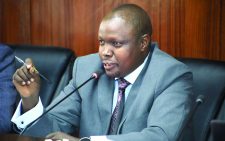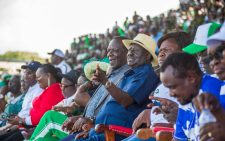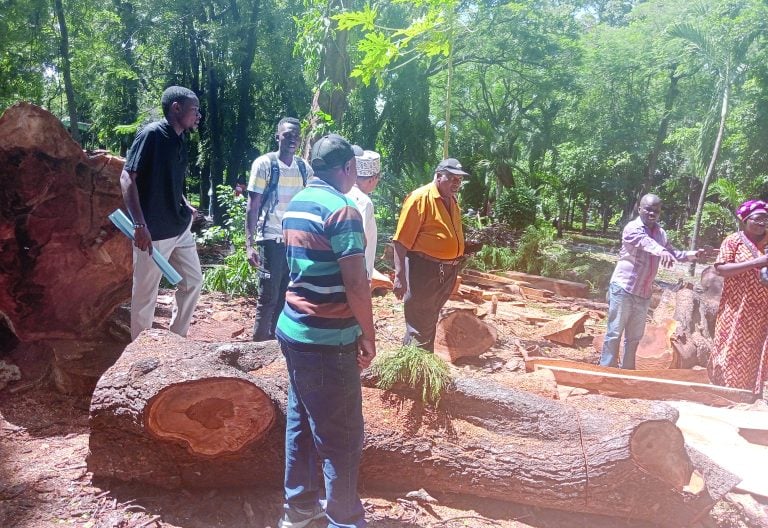Experts say budget requires more clarity

Lewis Njoka @LewisNjoka
Experts say financial year 2021/22 budgetary estimates will be read without guidance of current economic trends in a process shrouded in uncertainty raising concerns it may affect extent of accuracy.
In the proposed budget set to present financial year 2021/22 budget to Parliament on Thursday, the National Treasury intends to spend a total of Sh3.66 trillion with Sh1.3 trillion going to recurrent expenditure, another Sh1.3 trillion to the Consolidated Fund Services (CFS) and Sh666.5 billion to development.
However, for the first time since independence, the budget will be read without the government having released an economic survey, a move that has left experts concerned about the accuracy of the proposed estimates.
The survey, released every year by the Kenya National Bureau of Statistics (KNBS), provides a wide range of economic data upon which Treasury relies to make projections for the next financial year.
Hence, it acts as a resource allocation guide for Treasury during the budgeting process. But without the survey, experts are expressing doubts on the reliability of the estimates in the proposed budget.
Michael Mburugu, a partner at PKF Kenya, says developing a budget without the requisite data is akin to guesswork.
“When you talk about agriculture, how do you plan for agriculture? When you don’t have good data for planning then you are actually chancing,” he said.
He wondered why the government was not keen to use the data collected during the Huduma Number registration exercise saying so doing would make planning more accurate.
Mburugu spoke in a Nairobi hotel during an event to analyse the upcoming budget organised by accounting firm PKF.
Last month, KNBS, said that release of the 2021 Economic Survey would be delayed citing late submission of data by respondents due to Covid-19. Last financial year, the survey was released on April 28.
Churchill Ogutu, the head of research at Genghis Capital, said National Treasury could be forced to revise its growth projections for 2021/22 downwards should the economic survey contradict Treasury’s current estimates once it is released.
Groping in the dark
“If we don’t have the numbers for 2020, we are still groping in the dark in terms of projections.
Ultimately, everything is based on some projections. But if we don’t have the current numbers as a basis, we are just building a house of cards,” he said.
According to Ogutu, the survey is a reliable review of previous financial year’s economic growth making it a good barometer for predicting future growth.
In an analysis released last week, the Parliamentary Budget Office (PBO) had also noted that the proposed budget does not seem to have a clear policy direction.
The budget has not given much prominence to Covid-19 Economic Recovery Strategy and the Big Four Agenda, projects to key to turning around the pandemic-hit economy.
“Indeed, there is no clear theme that has been identified as a general guide to budgetary allocations.
Resources appear to have simply followed previous trends with bulk being allocated to education and infrastructure sectors as has often been the case,” said PBO.
Considering that FY 2021/22 is the last full financial year for administration of the Big Four Agenda, PBO fears that the agenda, which was allocated a paltry Sh135 billion may not be achieved by 2022.
PBO called on the government to conduct a review of projects status of the agenda saying it is expected to play a key role in economic growth.
According to PKF factors such as the ballooning public debt, lack of a national database and lack of a clear policy on tax may affect negatively the effectiveness of the 2021/2022 budget.
The Central Bank of Kenya (CBK) estimates that the country’s public debt stood at Sh7.3 trillion last year, and entails Sh3.8 trillion in external debt and Sh3.6 trillion domestic debt.
However, experts say it has since increased and got closer to the Sh9 trillion ceiling.









